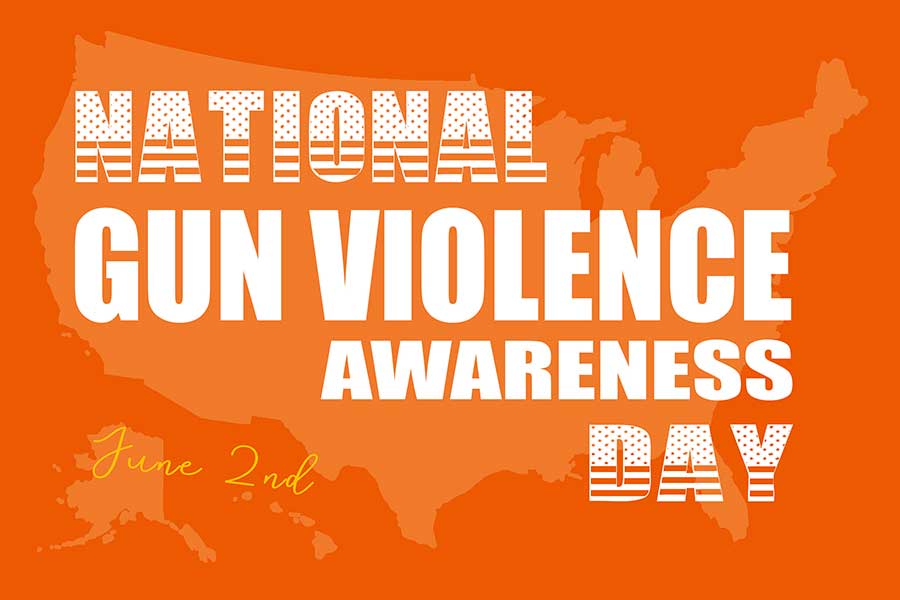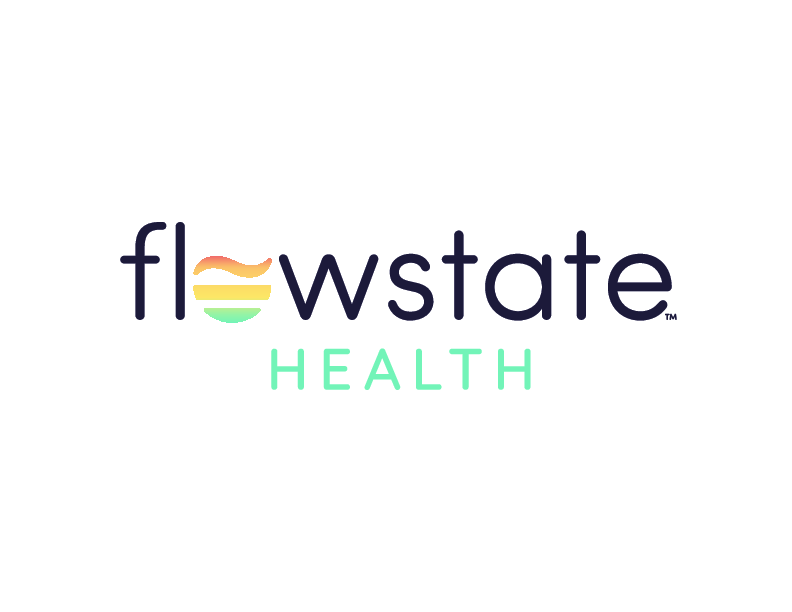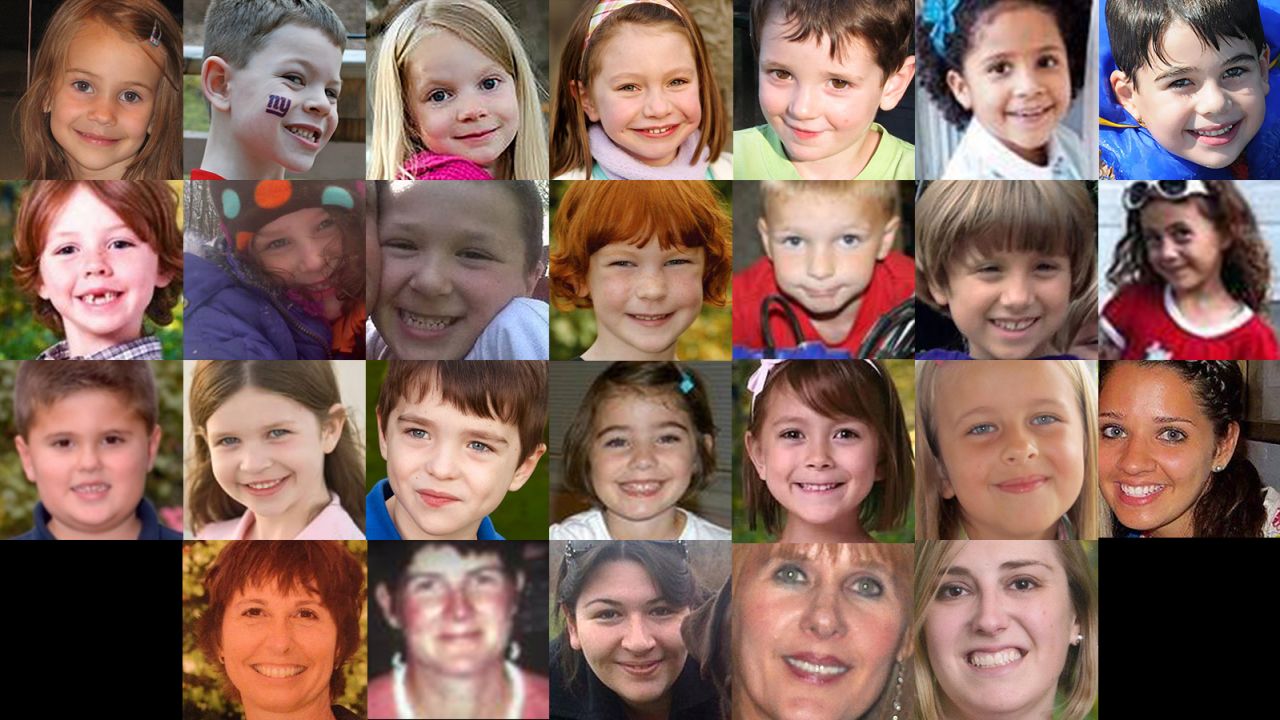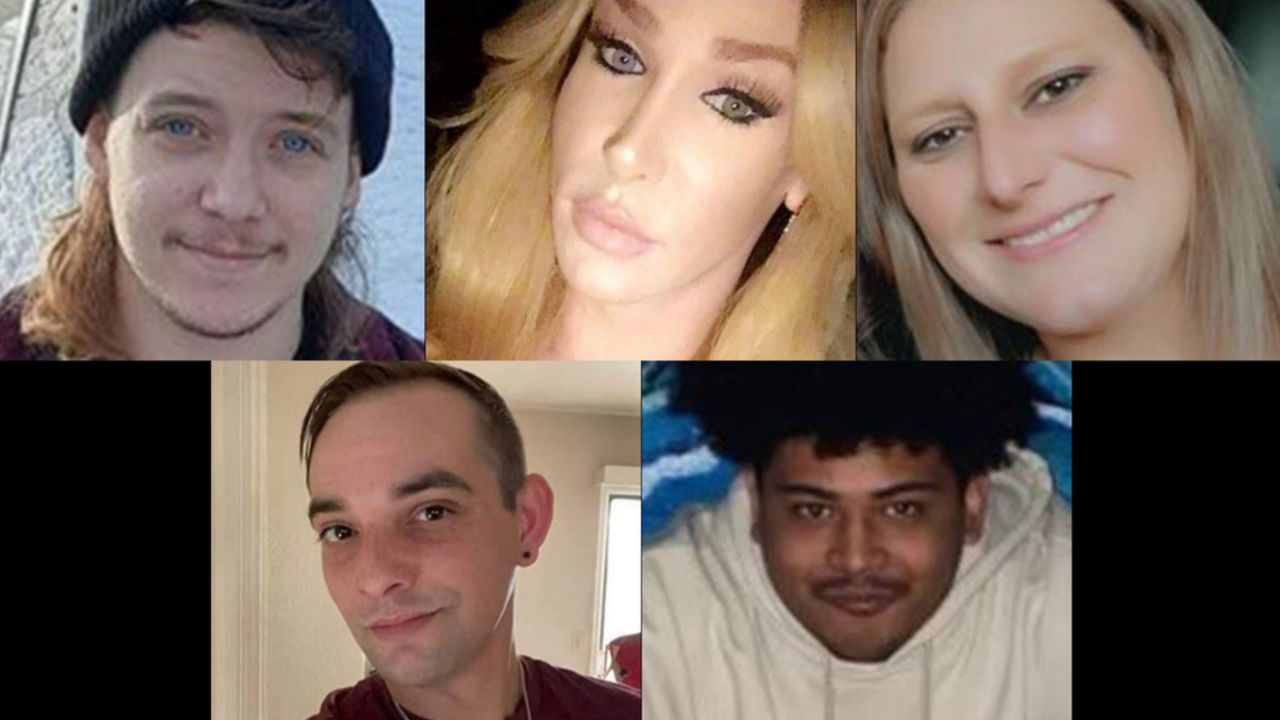Disaster Response Committee: History and Current Activities
 On behalf of the Disaster Response Committee, we would like to share some information about our work over the past couple of years. Although IPA had a Disaster Response Coordinator in the past, that position had been vacant for several years prior to the formation of this committee in January 2022. When the Covid-19 pandemic hit, it highlighted the need for a committee dedicated to supporting IPA members and the Iowa public in times of crisis or disaster.
On behalf of the Disaster Response Committee, we would like to share some information about our work over the past couple of years. Although IPA had a Disaster Response Coordinator in the past, that position had been vacant for several years prior to the formation of this committee in January 2022. When the Covid-19 pandemic hit, it highlighted the need for a committee dedicated to supporting IPA members and the Iowa public in times of crisis or disaster.
Since January 2022, we have worked to establish the scope and goals of the committee and explored how we can best serve IPA. We identified free training resources and encouraged members to obtain training in Psychological First Aid. For psychologists who are able to take a more active disaster response role, we provided information on volunteering with the Red Cross in the area of disaster mental health. The Red Cross continues to have a crucial need for volunteers who are licensed mental health providers.
In 2023, we sponsored two events to provide members with unique opportunities to learn more about psychological aspects of various types of disasters. The DRC co-sponsored the training, The Minds, Lives, and Motivations of Mass Shooters, in January 2023. We also organized the Katrina Babies film screening and discussion in February 2023.
Due to the small size of our committee, we have narrowed our scope to focusing on supporting IPA members in the event of a disaster through the following:
- Continue to review and update the Disaster Resources Page on IPA’s website. These resources are accessible by members as well as the public.
- We are available to organize and host Zoom support calls for IPA members affected by a disaster-related event.
- We will continue to communicate disaster mental health training and volunteer opportunities as we become aware of them.
We are not always immediately aware of disaster-related events or of response efforts initiated by other organizations. If you become aware of a significant disaster-related event or of a need for support, please let us know by emailing Ashley Freeman (afreeman0530@gmail.com). For example, IPA collaborated with NASW Iowa to develop a list of local therapists after the Perry school shooting in January to help facilitate therapy access for survivors and their families.
As the Perry community continues to heal after the January 2024 school shooting, information is available about coping after a mass shooting, resources for parents and teachers, and gun violence prevention.
If you are interested in getting involved or learning more about the Disaster Response Committee, please contact Ashley Freeman (afreeman0530@gmail.com).
Sincerely,
IPA Disaster Response Committee
Dr. Ashley Freeman – Committee Chair
Dr. Sarah Fetter – Committee Member
Dr. Emily Thomas – Committee Member
Dr. Valerie Keffala – Committee Member
Tess Filip – Student Committee Member
Dr. LeAnn Waterhouse – Ancillary Committee Member
Begin paid content






 As part of my role on the Disaster Response Committee, I recently completed
As part of my role on the Disaster Response Committee, I recently completed 

 Today, December 14th, marks the 10-year anniversary of the
Today, December 14th, marks the 10-year anniversary of the 


 Did you know that September is National Preparedness Month? In 2004, September was declared National Preparedness Month to encourage Americans to prepare for emergencies in their homes, businesses, schools, and communities. September was chosen because September is the peak of the Atlantic hurricane season and is historically linked to the September 11th attacks in 2001.
Did you know that September is National Preparedness Month? In 2004, September was declared National Preparedness Month to encourage Americans to prepare for emergencies in their homes, businesses, schools, and communities. September was chosen because September is the peak of the Atlantic hurricane season and is historically linked to the September 11th attacks in 2001. 